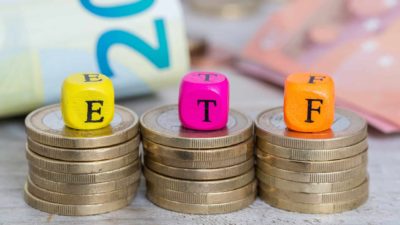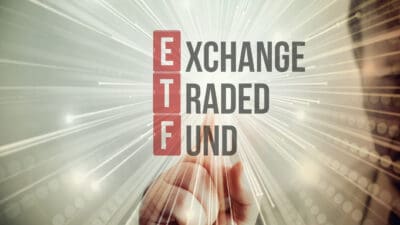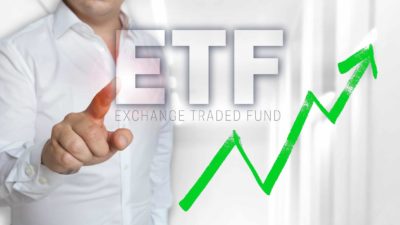Does the BetaShares Nasdaq 100 ETF (ASX: NDQ) pay dividends? Good question. NDQ is a popular exchange-traded fund (ETF) here on the ASX. It is a rather unique fund in that it is the only ASX ETF available if an investor wants pure exposure to the NASDAQ-100 (NASDAQ: NDX).
The Nasdaq is the US exchange famous for hosting almost all of the US's most well-known tech shares. You'll find everything from Apple Inc (NASDAQ: AAPL), Microsoft Corporation (NASDAQ: MSFT) and Amazon.com Inc (NASDAQ: AMZN) to Alphabet Inc (NASDAQ: GOOG)(NASDAQ: GOOGL), Tesla Inc (NASDAQ: TSLA) and Netflix Inc (NASDAQ: NFLX) on the Nasdaq.
Thus, many ASX investors like to invest in NDQ to get an all-in-one investment that covers most of the US tech sector.
But does an ETF that covers the Nasdaq 100 like the one from BetaShares pay dividends?
Is the BetaShares Nasdaq 100 ETF a dividend payer?
For an ETF to pay dividend distributions, it usually needs to hold dividend shares itself in its underlying portfolio. As it happens, the Nasdaq 100 Index holds many such shares that consistently pay out dividends. As such, NDQ also does.
US tech shares don't exactly have a reputation as strong dividend payers. This is, to some extent, fair. Many US tech shares, including Amazon, Tesla, Netflix, and Alphabet, have never paid a dividend.
However, quite a few of NDQ's top holdings are dividend payers. Apple and Microsoft both dole out quarterly dividends. NVIDIA Corporation (NASDAQ: NVDA), another top holding in NDQ's portfolio, is also a dividend share. As are Costco and Intel. PepsiCo. Yes, the company behind Pepsi-Cola is also a Nasdaq share and has been paying a dividend that has increased every year for the past 49 years. If PepsiCo hits a 50-year streak, it will become a fabled dividend king, one of the most exclusive stock market clubs in the world.
So yes, NDQ is a dividend distribution-paying ETF. But to what extent?
Well, the BetaShares Nasdaq 100 ETF usually pays out a dividend distribution every six months. According to the provider, this ETF currently (as of 31 March) has a trailing distribution yield of 3.7%. Since NDQ holds no ASX shares, no franking credits come attached.
NDQ units have had a rough 2022 thus far, hit by both market volatility and a rising Australian dollar. This ETF has lost 15% year to date, but remains up by almost 4% over the past 12 months. Over the past five years, the ETF has given investors a 147% return.









